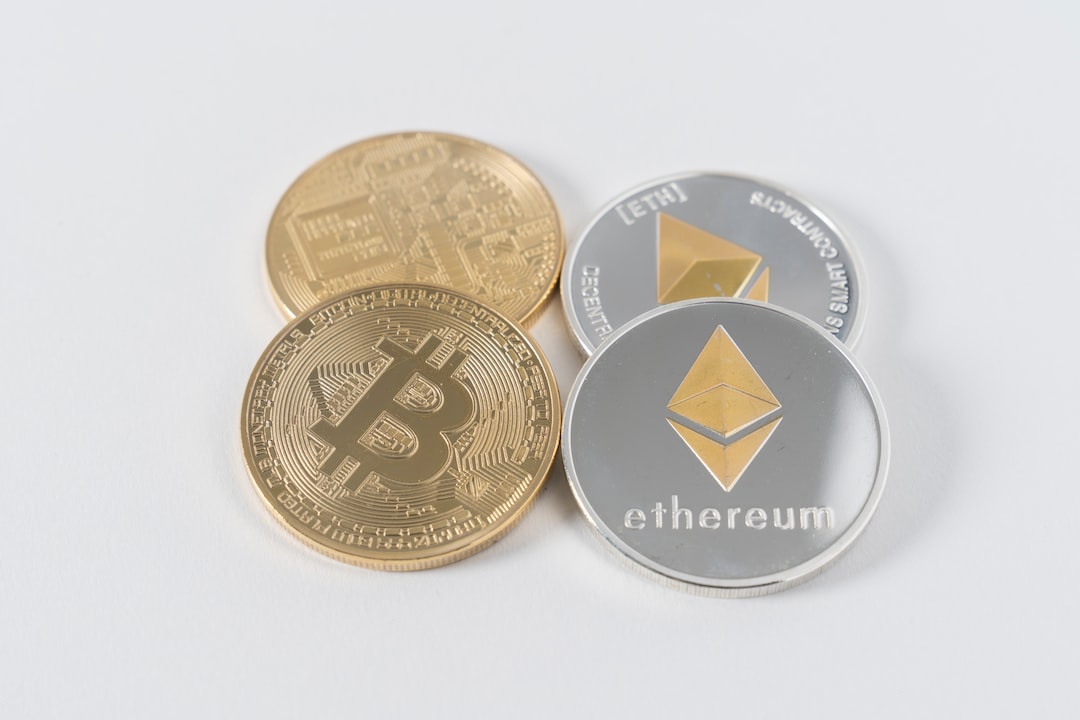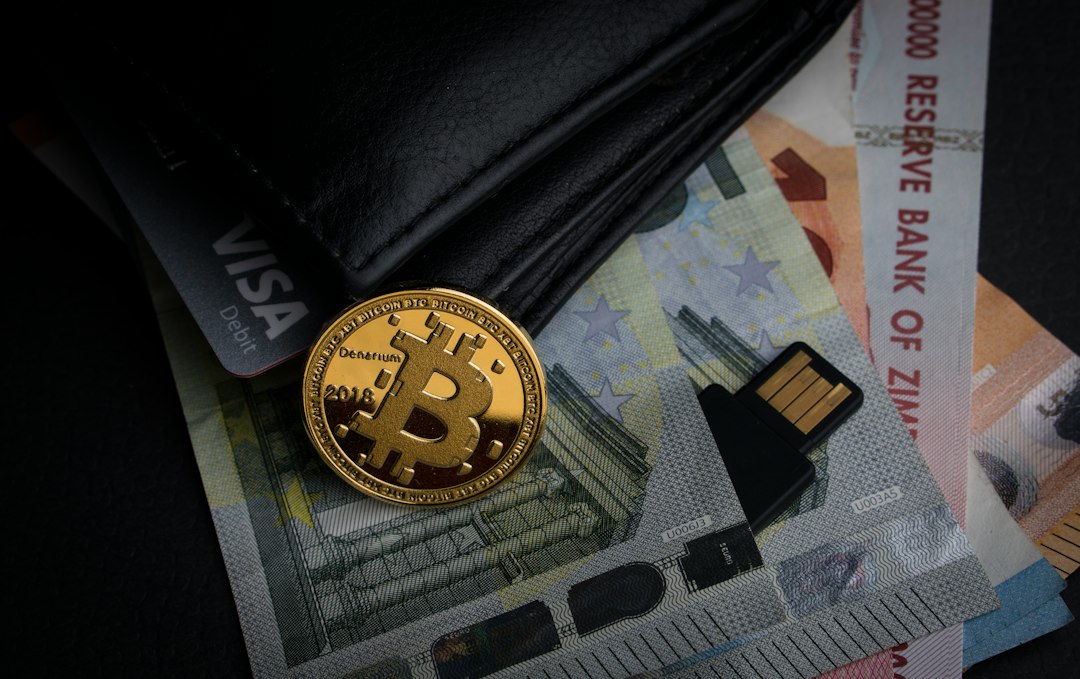Cuban Criticizes SEC’s Lack of Protection
Mark Cuban, the billionaire owner of the Dallas Mavericks and star of Shark Tank, took to social media to criticize the U.S. Securities and Exchange Commission (SEC), calling them the “Quickbooks of financial regulation” and claiming they do not protect anyone.
Insufficiency of Current Securities Law
Cuban questioned whether the existing securities law adequately regulates cryptocurrencies. He pointed out that the Howey Test, which determines whether an investment qualifies as a security, is not enough to cover every situation. Cuban suggested the need for a “crypto complement” to the Howey Test.
The SEC’s Priorities and Inaction
The billionaire investor also questioned whether the SEC has ever taken preemptive action to protect investors before a negative event occurs. He contrasted this with his own experience running Sharesleuth, where he exposed fraudulent companies and the SEC did not intervene to stop the fraud. Cuban also criticized the SEC for not doing enough to prevent fraud in bankrupt companies.
Cuban concluded his criticism by highlighting the example of Japan, where the SEC’s requirement for collateral on crypto loans could have saved bankrupt crypto services. He mentioned FTX Japan as an example of a platform that remains operational thanks to this collateral requirement.
Hot Take: SEC Under Fire for Inadequate Protection
Mark Cuban’s recent critique of the SEC highlights concerns about the regulator’s ability to protect investors in the rapidly evolving world of cryptocurrency. Cuban argues that the current securities law, including the Howey Test, falls short in covering all crypto situations. Additionally, he criticizes the SEC for not taking proactive measures to prevent fraud and for its lack of intervention when fraudulent companies are exposed. With the increasing popularity and complexity of cryptocurrencies, Cuban’s criticisms underscore the need for regulatory frameworks that can keep pace with this evolving industry and afford adequate protection to investors.





 By
By
 By
By

 By
By

 By
By